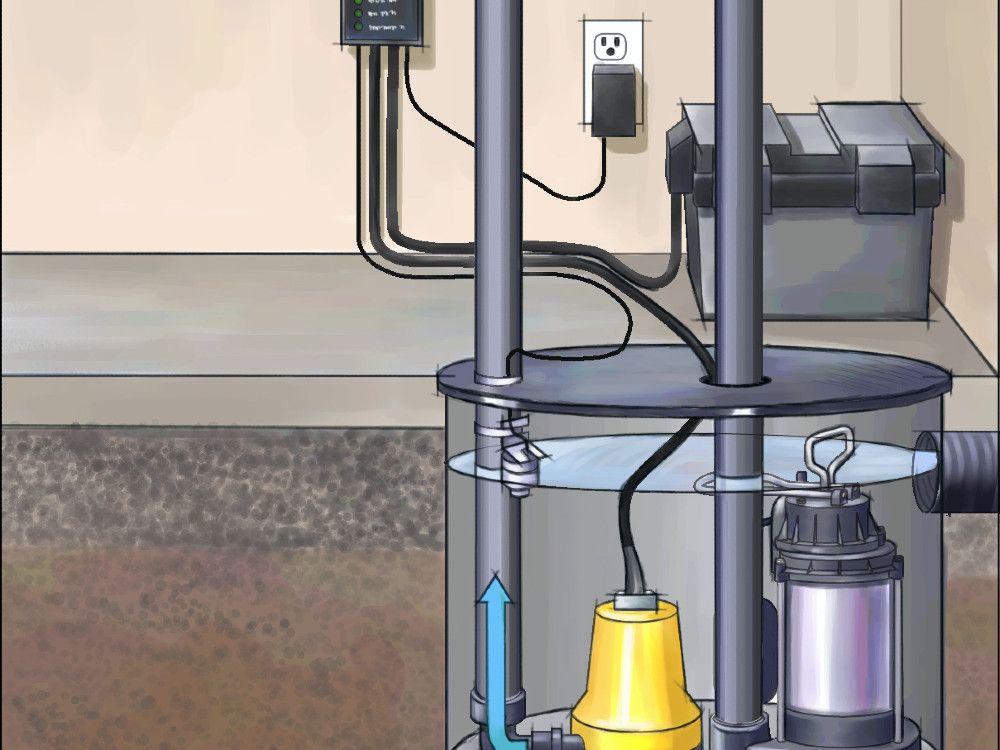WEDNESDAY, Feb. 23, 2022 (HealthDay News) — When your cardiologist orders a test, do you stop to ask why you need it? You probably don’t — but perhaps you should, according to a new report from the American Heart Association (AHA).
Too many Americans receive heart tests and treatments that do little good, and more needs to be done about it, the AHA says.
The issue of “low-value” medical care is a longstanding one — with about half of Americans receiving at least one such test or procedure every year, the heart association notes.
The term refers to health care services that are unlikely to benefit patients in a meaningful way, exposing them to potential harm and wasting money. It’s estimated that low-value medical care accounts for about 30% of health care spending in the United States — or up to $101 billion annually.
In a new scientific statement, the AHA is bringing renewed attention to the problem, specifically when it comes to cardiac care.
Among the low-value tests and treatments are annual exercise stress tests for people who have undergone angioplasty or surgery to clear blocked arteries; echocardiograms to assess people who have fainted but show no signs or symptoms of heart problems; and coronary calcium tests for people already known to have heart disease.
“Clinicians and systems really do strive to provide the best care for patients,” said Dr. Vinay Kini, chair of the AHA statement writing group.
But for various reasons, he said, some low-value practices can become, or remain, common.
As new technologies and treatments rapidly become available, Kini said, health care professionals have to figure out how to best use them. And some uses may get ahead of the evidence.
‘Best practices’ change
There may be a practice that, 15 years ago, seemed like the wise route, Kini said, but evidence gathered since shows otherwise.
And once a practice is established, it can be hard to dial it back, said Dr. Richard Kovacs, chief medical officer at the American College of Cardiology (ACC).
Individual doctors may rely on their personal experience, and the belief that a test or treatment helps patients, and stick with it. Or, Kovacs said, they may simply be unaware of the evidence that a given practice is actually low-value.
Then there is the fear of being sued, he noted, which can prompt doctors to practice “defensive medicine,” and order tests to be sure nothing was missed.
“And we have to be frank,” Kovacs said. “Some doctors do it for financial reasons.”
Going back to 2006, the ACC has published “appropriate-use criteria” for numerous cardiac tests and procedures, in an effort to limit low-value care.
“I do think they’ve changed practice, and changed it for the better,” said Kovacs, who was not involved with the new report.
But there is still plenty of room for improvement, according to Kini.
An example is cardiac stress testing, where people walk on a treadmill or pedal a stationary bike while their heart rate, blood pressure and breathing are monitored.
Research suggests that up to half of stress tests performed in the United States would be rated as “rarely appropriate,” the AHA says. The problem with that is not only time and money wasted: It can also lead to invasive testing that carries more risks and yet more expense.
It’s not that cardiac tests, themselves, are useless. They need to be applied to the right patient, the AHA says.
Take coronary calcium tests, for instance. The non-invasive tests detect calcium deposits in the arteries, and can be “high value” when a patient is considered to be at “intermediate” risk of a heart attack. If the calcium score is high, then it’s a good idea to start a cholesterol-lowering statin medication.
The test is of no value, however, to someone with known blockages in the heart arteries: A statin would clearly be appropriate.
What can be done? Actions on different levels are needed, Kini said.
On the broad level, the U.S. health care system is designed to reward quantity — more tests, more treatments — versus quality. A payment system based on quality of care is the “way forward,” Kini said, though it is complicated to define quality.
And a downside, he noted, is that those systems can end up punishing safety-net hospitals, which serve low-income patients whose circumstances — including poverty and unstable housing — can make their care much more complicated. So it will be necessary to make sure alternative payment systems do not worsen health care inequities.
What patients can do
Patients also play a role, Kini and Kovacs said. In some cases, they demand tests or treatments that are not necessary, and their provider caves.
That is not to say that patients should be silent, though. It’s the opposite, Kovacs said: If your doctor recommends a test or treatment, feel free to ask why, and whether there are alternatives.
“I’d welcome my patients saying, ‘What are my options?'” Kovacs said.
And while costs are a huge issue for the health care system, they also matter to patients, Kini pointed out. With the rise of high-deductible insurance plans and other forms of “cost-sharing,” U.S. patients are shouldering a larger share of their medical bills.
That makes it even more important, Kini said, to ensure they are getting high-value care.
The statement was published Feb. 22 in the AHA journal Circulation: Cardiovascular Quality and Outcomes .
More information
Choosing Wisely has more on cardiac tests and procedures.
SOURCES: Vinay Kini, MD, MSHP, assistant professor, medicine, Weill Cornell Medical College, New York City; Richard Kovacs, MD, chief medical officer, American College of Cardiology, Washington, D.C.; Circulation: Cardiovascular Quality and Outcomes, Feb. 22, 2022, online
Note: This article have been indexed to our site. We do not claim legitimacy, ownership or copyright of any of the content above. To see the article at original source Click Here

.jpg)











![[사설] 71년 만의 ‘1월 추경’… 나라곳간 안중에 없는 대선후보들 thumbnail](http://img.segye.com/content/image/2022/01/21/20220121515748.jpg)